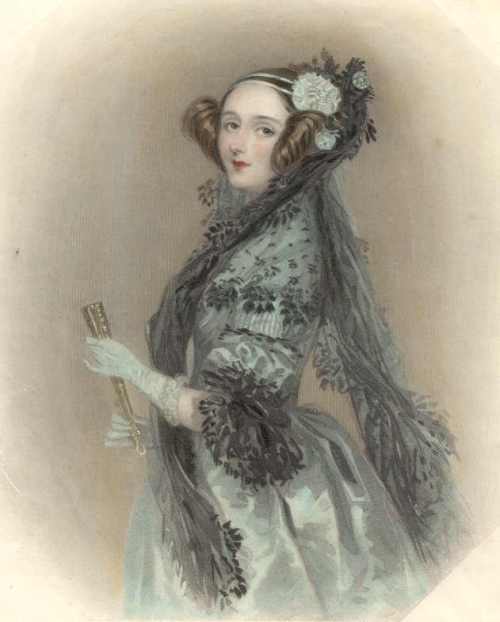It is known that men have always dominated the computer industry, but why? Writer of Masculinity and IT: Computing Gender in the Industry, Sue Lewis, cited reasons for women choosing not to enter computer education in the same numbers as men:
- Construction of the science, engineering, technology and maths curricula as abstract and disconnected from social and human concerns;
- Software being written by and for men that unwittingly assumes male lives to be the norm;
- Domination of computer training programs by boys, men and male values;
- Perceptions of computer professionals as nerds and antisocial ‘computer heads’;
- Sex stereotyping of toys and activities;
- Sex biased computer software and games;
- Differential availability of female and male role models;
- Different learning experiences of girls and boys in the gendered classroom
- boys’ greater access to school resources and teacher attention
- differences in self confidence, self esteem and risk taking behaviours
- different mathematics choices at school for girls and boys
- limiting of career options for girls by subject selection in secondary school.
Then why is it so that some women will rise to the challenge and pursue a career in computers, yet others don’t? Sheri Graner Ray discussed the computer as a ‘male’ object, where:

 -An extract from Gender Inclusive Game Design: Expanding the Market–
-An extract from Gender Inclusive Game Design: Expanding the Market–
In my experience I never had to share a computer in school, and I would spend a lot of time using it during lessons for work and break times playing games. However, the other females in class would often choose to write in their books when they had the option and didn’t use the computer during break times. Sheri Graner Ray explains that women see computers as an object to co-operate with, where men choose to dominate them. If the girls found their experiences with computers a stressful one, perhaps because it was not ‘co-operating’, for example not doing what they want it to, they may associate them with stress and choose to use their books. However when men come acrross a problem, they overcome it as they ‘dominate’ the computer. And so, the problem vanishes and they carry on as normal, with a sense of accomplishment over the machine. My explination of this situation is that I had a computer in my home before they arrived in school, and I was often encouraged to use it by my father, who also used it frequently. The other girls, my friend for example, did not use their computer at home even though they had one. Their parents didn’t use it unless they had to write and print documents for work, but the interaction would end there. And so facing the computer alone could seem like a scary situation. Other classmates may have not had a computer at home at all, and found the idea of learning to use the computer whilst being expected to produce work on it a daunting one.
So why are there women working in the computer industry? They may be a minority but they still exist, and if Sue Lewis and Sheri Graner Ray were right- how and why did they overcome the expectations? I’d like to introduce a few important female figures that had a large impact in the computer industy:
Augusta Ada King, Countess of Lovelace, a.k.a Ada Lovelace was a highly talented mathematician and scientist in the 1800’s. She is known for being the first female computer programmer and worked closely with Charles Babbage developing the first analytical engine.
Grace Hooper a.k.a ‘Amazing Grace’ was an American computer scientist and U.S Naval officer. Her work includes computer programming for the Harvard Mark I computer and developing the first compiler for computer programming language. She also worked on programming the UNIVAC computer.
Most famous for her work with graphical adventure games, Roberta Williams was creator of the popular King’s Quest series. Along with her husband, they founded the company Sierra-Online and went on to make titles such as The Colonel’s Bequest, Mixed-Up Mother Goose, and “Phantasmagoria”.




Thanks for this insightful information. Women’s accomplishments have often been ignored, and women denigrated for allegedly not being as “good” at math, science and also, computers. Research shows otherwise. Readers of this page may find “The Mathematics of Sex” worthwhile. Written by two research psychologists, it marshals evidence to show that the disparity is not in ability but in many environmental and cultural factors.